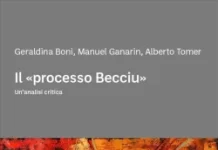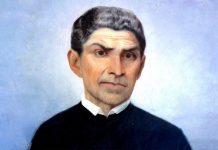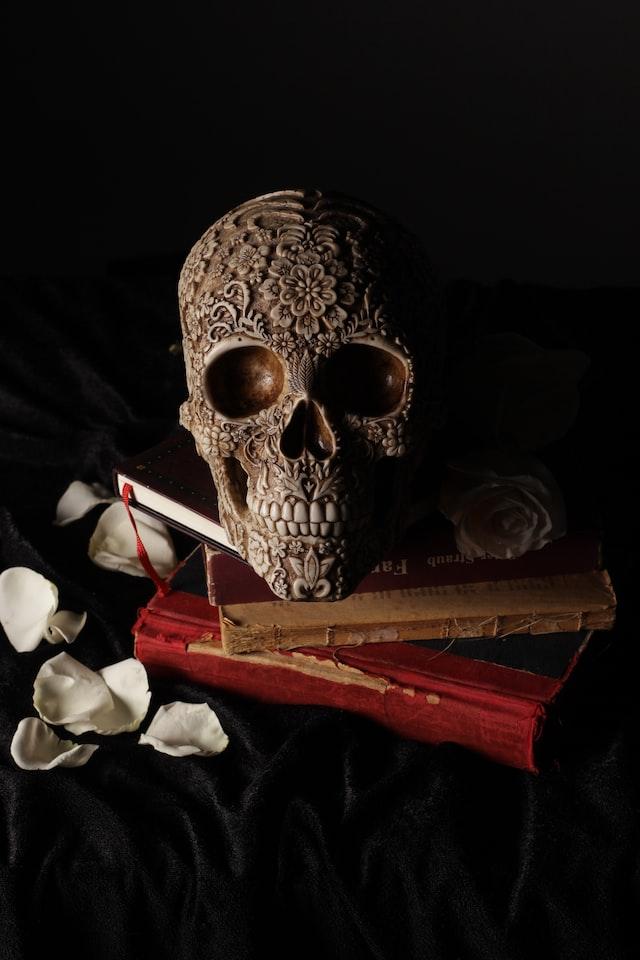What does the formation of young people have to do with a celebration of the last day of October, known as Halloween?
Newsroom (31/11/2022 18:00, Gaudium Press) It is not our intention to probe into the origin of the feast of Halloween, nor whether such a celebration ever had this or that meaning. Some say it is the pre-celebration of All Saints’ Day, catholicized by the Holy Catholic Church from Celtic feasts; others, that it originated directly from the cult of the devil to counter the Christian celebration of 1 November, the Feast of All Saints.
This is not the most important point; rather, we are focused on the feast currently celebrated. For Halloween, the custom is to appear in a gruesome manner. Whether this is in honour of horror films and series, or to illustrate the commemoration of witches who, we are told, were all poorly formed and full of wild props, we question it. In practice, the aim is to achieve an immense degree of unnaturalness: Halloween has become a focus on darkness, the deformations by make-up and suspicious objects.
So, Halloween celebrates the ugly, the unnatural, the pensive. On a normal day, any other week of the year, showing up with a cut on your face that runs across you from top to bottom is terrible, surely many would pity and commiserate with the person. However, on Halloween, it is the opposite: the bigger the cut, the greater the admiration and celebration. In the realm of ideas on this day, there appear that there are none which are reprehensible. But what about the trends that we are prone to follow? What about all the young people who realize that stepping out from the natural is congratulated, as if it were a rebellious secret that is not noticed in society? Or what about the little boy who dreamed of princes and fairies, and on seeing the skeleton costume, realizes that there is no repulsion or estrangement towards it?
The formation of young people passes mainly through tendencies. When evil tends to be celebrated, when ugliness becomes the point of honour, something becomes disturbed in the soul of youth: is the vile thing then permitted? Can the bad, the terrible, be an option? Of course, celebrating – or celebrating Halloween – does not make one a bad, sinful, hell-bound being; but rather, that society, having allowed this feast to be normalized, shows how infirm the tendencies towards the ugly are in the human community.
May we be Christians in body, soul and mind, and may we know how to increase tendencies towards beauty and not towards ugliness, in our homes and in our social circles. Only in this way will there be more room for good ideas and for the good in general. This is what we should ask of Our Lady and all the Angels in Heaven at the end of October.
With information from arautos.org.
Compiled by Sandra Chisholm


































